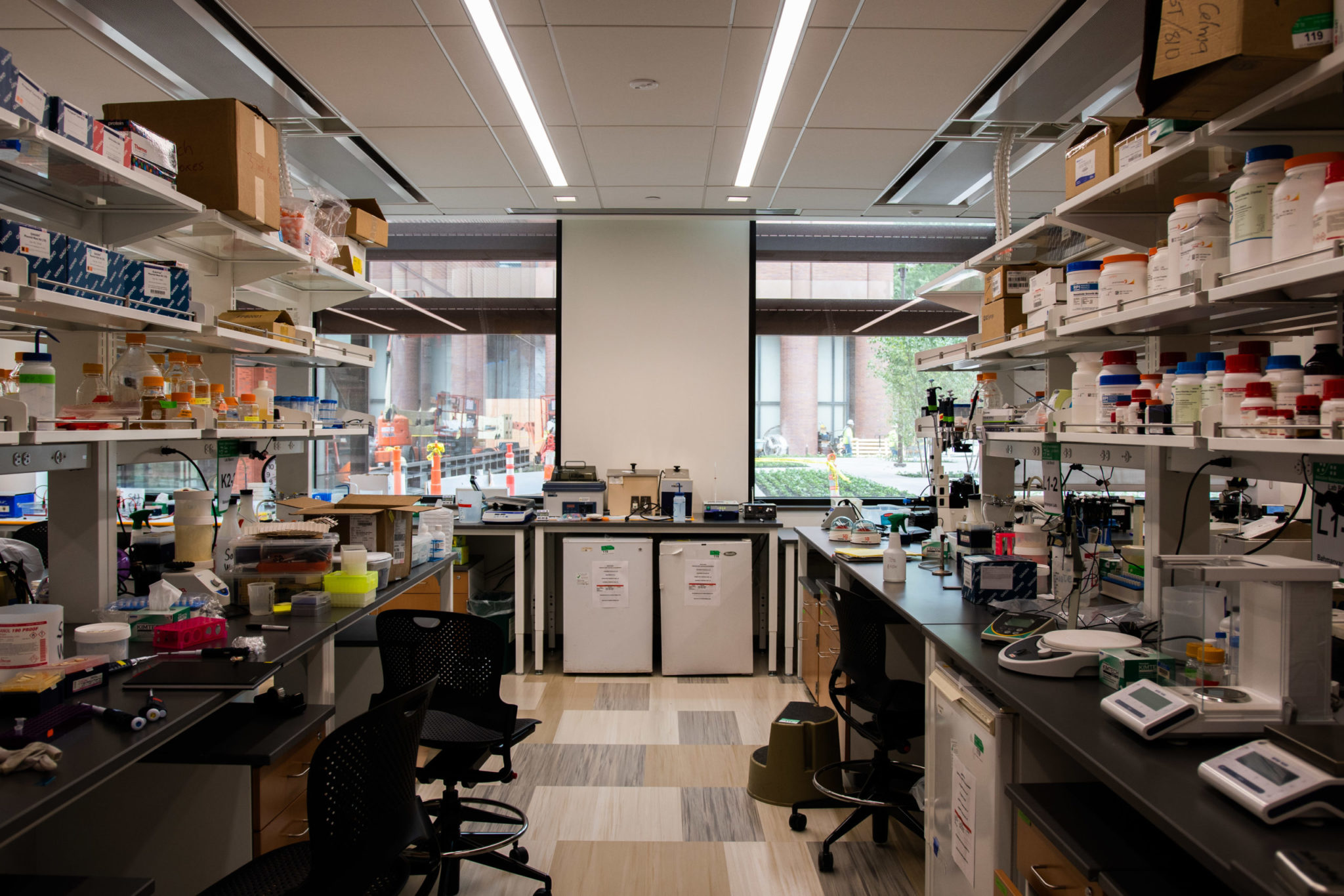Epidemiologists, coaches examine possibility of Ivy League spring sports
Yale epidemiologist Albert Ko said he can “imagine” spring sports happening. Yet he and other scientists warn against discounting the gravity of the pandemic.

Lukas Flippo, Photo Editor
Despite pressure from current and former Ivy League athletes to start the spring athletic season, the Ivy League remains the only NCAA Division I conference that has yet to announce whether spring sports will take place this semester.
In October, when asked about the likelihood of spring-semester competition, Yale School of Public Health Department Chair of Epidemiology Albert Ko and Director of the Yale Institute for Global Health Saad Omer said it was too early to make a final call. In November, the Ivy League Presidents announced its decision to cancel athletic competition for winter sports and postpone spring sports through the end of February. This week, Ko and associate professor of epidemiology Luke Davis told the News that although starting spring sports may be possible, decision-makers must consider the existing risks to public health.
“I can imagine [spring sports] happening, perhaps mostly for the low-risk settings with extensive risk mitigation but it is really hard … to make a broad statement on sports,” Ko said.
Davis explained that lower risk settings would largely consist of outdoor competitions, where wind, sunlight and, as the spring progresses, increasingly humid air would decrease the risk of viral transmission.
He described that because COVID-19 is spread via respiratory aerosols, indoor competition settings where athletes are close to each other and breathing heavily during physical activity pose a higher risk of spreading the disease.
“Infected individuals will generate a lot more aerosols while exercising, and those exercising with them will potentially inhale a lot more virus,” Davis wrote in an email to the News.
He wrote that if athletes were to wear masks during spring-semester competition, it would further reduce transmission. He explained that despite the unpleasant sensation of wearing a mask while exercising, mask-wearing does not “functionally affect breathing or oxygen levels.”
But he also noted that while masks can reduce transmission, they cannot fully prevent it. With this knowledge and the rise of new, more transmissible COVID-19 variants in New Haven and across the country, Davis said regular testing of asymptomatic athletes and contract tracing in combination with quarantine protocols for exposed individuals would continue to be crucial.
Davis also noted that current COVID-19 infection rates are 10 times higher than they were in September, making spring sport competition more dangerous. Ko added that no one can discount the gravity of this pandemic.
“We’ve come off of a terrible second wave,” Ko said. “We’re reaching 500,000 Americans dead.”
Davis added that intercollegiate competitions involve travel between states which could increase the risk of viral transmission to athletes and potentially result in the transport of COVID-19 infections or cases of the new variants back to Connecticut.
With the future of spring sport competition still uncertain, men’s tennis head coach Chris Drake and men’s heavyweight crew head coach Steve Gladstone shared their expectations for training this semester and the possibility of a spring season.
“We are in Phase 0 now, so we are just waiting for [athletes] to finish quarantine, and once the University decides, we can move them to Phase I,” Drake said. “Then, we can begin training.”
Drake told the News that the Ivy League has adjusted phasing guidelines, with sport-specific training now allowed in Phase I. He therefore expects his players to be able to train more than they were allowed to this fall.
With a minority of the heavyweight crew team enrolled in residence this semester, Gladstone said that he is not optimistic about a season this spring. He said that a season would be nice, but that without an official decision from the Ivy League, there is little to do.
“My feeling is that the leadership has the best interest in all of us,” Gladstone said. “At the base of it, some of the decisions they make probably won’t make us happy, but they are the right decisions for the circumstances.”
Regardless of the League’s decision, Ko said that sports fans and athletes alike will need to manage their expectations for the spring semester, and that restarting spring sports could potentially result in a severe resurgence of cases.
The CDC reports 27,030,549 total COVID-19 cases as of Feb 9.
Sydney Gray | sydney.gray@yale.edu
Nicole Rodriguez | nicole.rodriguez.nr444@yale.edu







